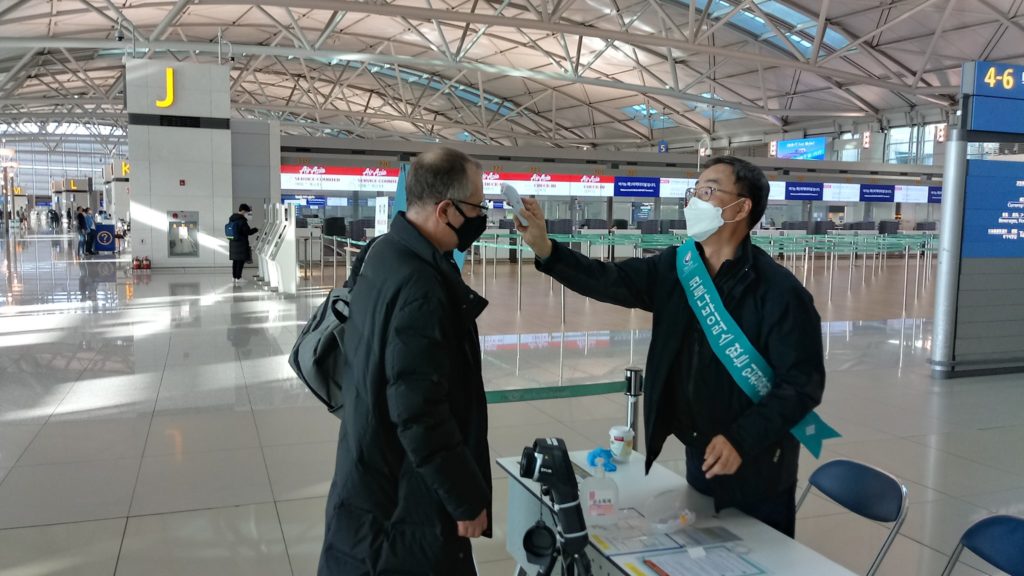The Peninsula
Local Autonomy Carries Growing Responsibilities

What Happened
- In March, the municipal government of Seoul ended its mandate for all foreign workers to be tested for COVID-19 after drawing criticism from lawmakers, activists, and foreign embassies.
- Observers commented that local health policies targeting Korea’s international community may harm the country’s engagements abroad.
- Ahead of Halloween, the Ministry of Health and Welfare announced plans to make special inspections for social distancing violations in neighborhoods densely populated by foreigners and young people.
Implications: Local governments exhibit a mixed record in driving initiatives that have national ramifications. Although it was ultimately withdrawn, local governments’ testing mandates for foreign residents created a potential area of tension between the national government and its international counterparts. With the country struggling to address the notable increase in xenophobia during the pandemic, local measures that appear to discriminate against foreign-born residents create challenges for the Moon administration’s efforts to build closer ties with the community’s countries of origin. Here, the local government is not alone to blame. The central government has also lagged in its response to xenophobia and engaged in discriminatory screening measures for international arrivals.
Context: All this is taking place as local governments have taken on a larger role in driving efforts to soften the consequences of the COVID-19 pandemic. In particular, they advanced creative responses to challenges that are appropriate for local conditions – such as the launch of a delivery service to overcome shortcomings in private sector offerings and counter market concentration. Simultaneously, it has struggled to address broader issues that require national coordination such as the widening gap in educational achievement between students of different socio-economic backgrounds.
This briefing comes from Korea View, a weekly newsletter published by the Korea Economic Institute. Korea View aims to cover developments that reveal trends on the Korean Peninsula but receive little attention in the United States. If you would like to sign up, please find the online form here.
Korea View was edited by Yong Kwon with the help of Janet Hong, Yubin Huh, and Mai Anna Pressley. Picture from the flickr account of Jens-Olaf Walter
